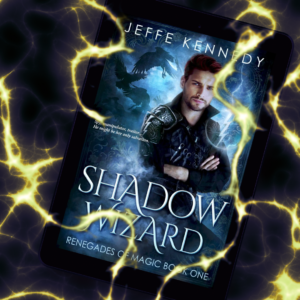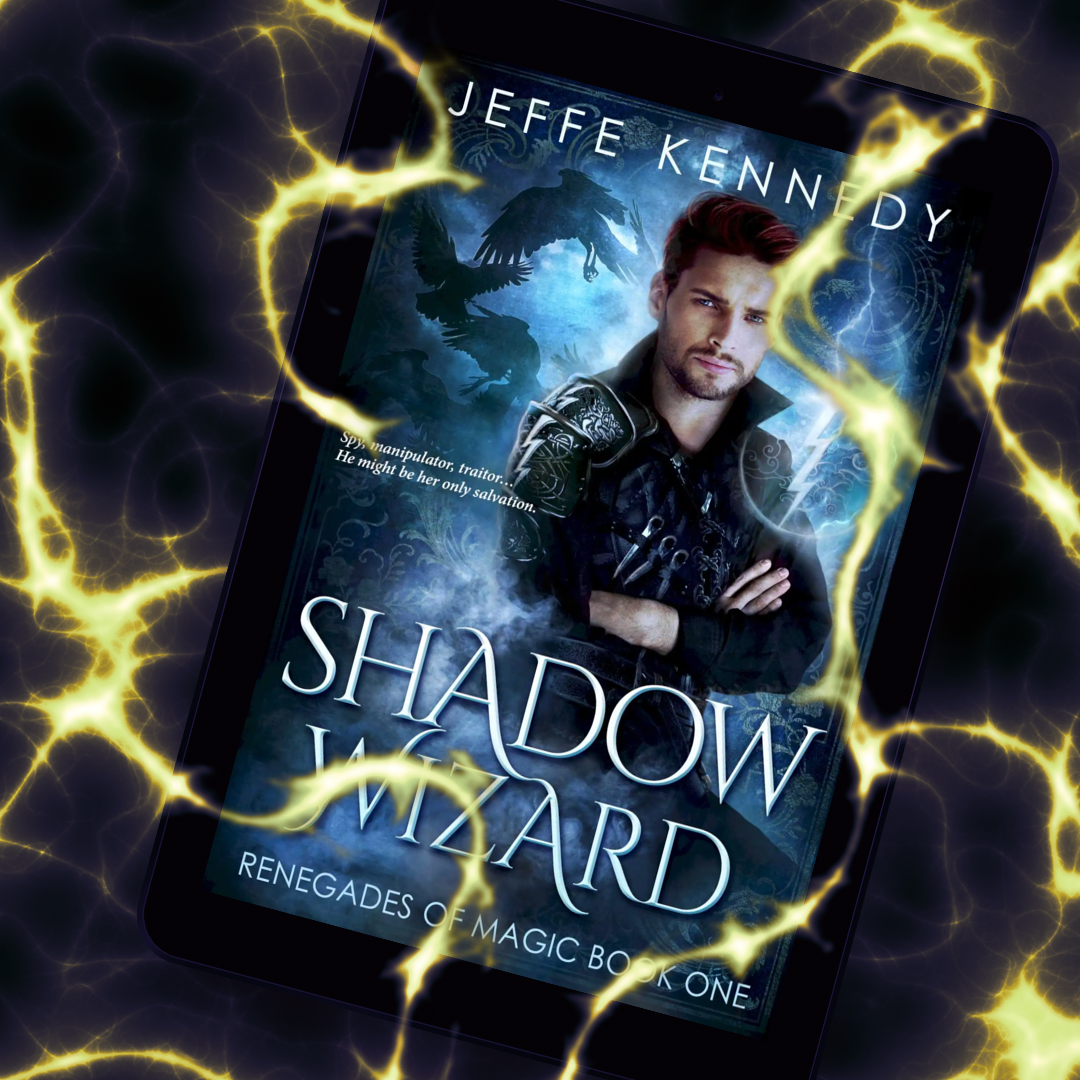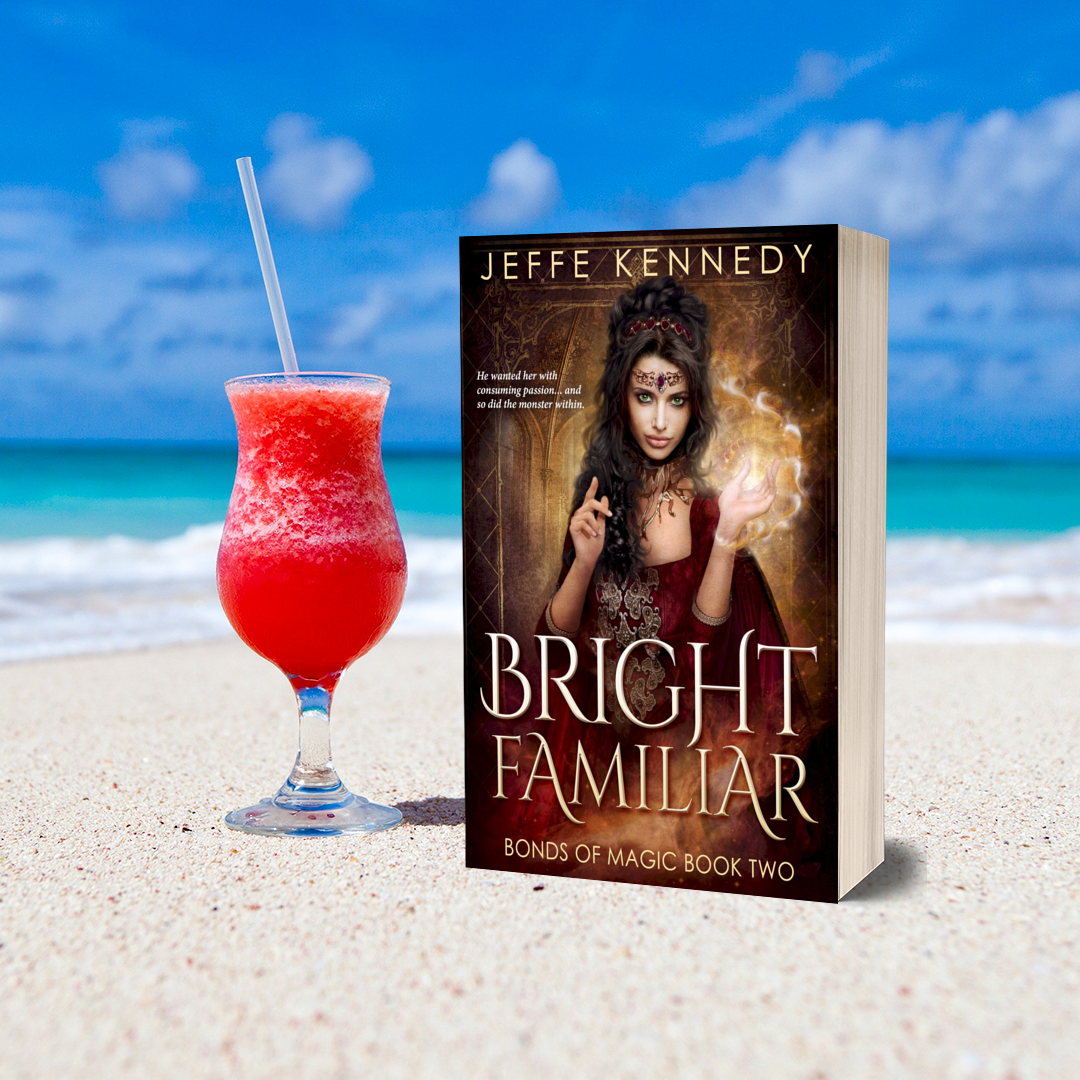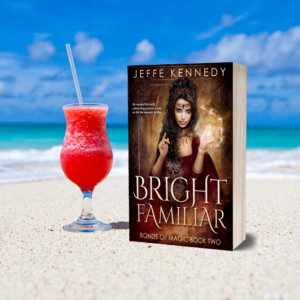
SHADOW WIZARD coming September 29, 2022! Preorder now!!
This week at the SFF Seven, we’re sharing our top five worldbuilding tips. Since I just returned from WorldCon in Chicago, where I gave a workshop on worldbuilding from a character-driven perspective, I’m going to cheat ever so slightly and pull from that.
1. All stories require worldbuilding
Even a story set in our contemporary world, written as realistically as possible, still requires worldbuilding because it’s impossible to to replicate the complexity of our world. You will always be picking and choosing relevant details. Choose wisely. (And see Tip #5.)
2. Don’t allow worldbuilding to be displacement activity for writing the actual story
Worldbuilding is fun! Writing is hard. It’s easy to spend tons of time on research and worldbuilding and kid yourself that it’s writing. It’s not. Don’t become the person with megabytes of maps and details and no actual text.
3. The world is yours to shape however you like – build it to challenge your characters
Story is about characters facing conflict. The world they live in creates external conflict for them and informs their internal conflict. Since you get to play deity here, build the world with challenging your characters in mind.
4. RPGs – role-playing games can distort your worldbuilding sense.
Many creatives learn worldbuilding from gaming, which can be a great exercise, but – as dedicated gamers have pointed out (I am not one) – game worlds often don’t make any internal sense. Use caution in emulating that model.
5. Use the iceberg model
While you should know – or discover – all about your world, most of that detail should be like the iceberg beneath the surface. Only the tip of all that knowledge should show up in the story. If you’ve done the work and your world is internally consistent, that tip of the iceberg will be representative of the rest.









